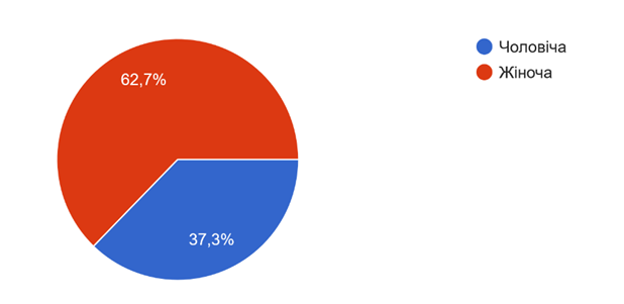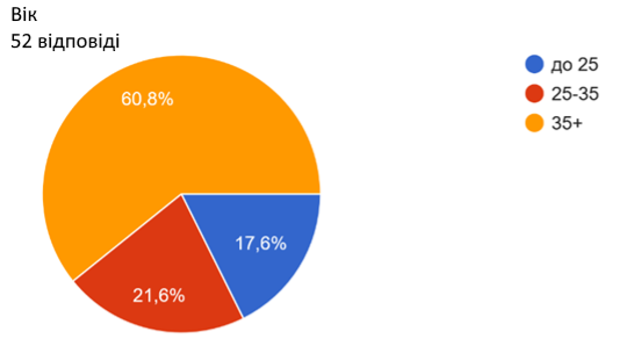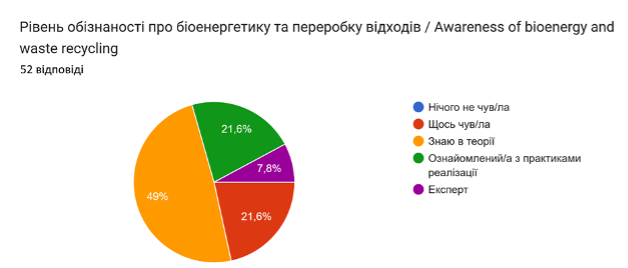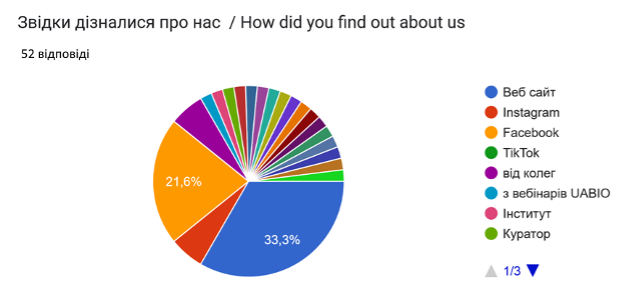In June 2025, the Third Spring School “Implementation of bioenergy technologies for waste processing in the EU” concluded. The event was organized within the framework of the Jean Monnet Module educational project under the EU Erasmus+ Programme (2021–2027). The school ran from April 23 to June 20 and continued the tradition of promoting European experience in the circular economy among Ukrainian students, educators, environmental specialists, and local authorities. This year, 52 participants took part in the Spring School.
Selected analytical survey results prior to the start of the Spring School course are provided below for reference.




As in previous years, the Spring School served as a platform for integrating the academic community with the practices of environmentally sustainable development. This year’s focus was on bioenergy innovations in waste management—as a key component of Ukraine’s green transformation in the context of European integration.
Positive Dynamics: Growing Interest and Engagement
According to analytical charts, there is a steady upward trend in participant satisfaction regarding the organization of the school, the practical value of the knowledge gained, and the level of interactivity. Specifically:
- Over 95% of participants rated the school’s content as “very useful”;
- 90 % reported improved understanding of circular bioeconomy principles and Green Deals;
- The share of participants planning to apply the acquired knowledge in their professional activities or studies increased.
Compared to the previous Spring Schools held in 2023 and 2024, there has been a rise in the number of participants from various regions of Ukraine, indicating broader audience outreach and the effectiveness of the information campaign.
European Approaches for Ukrainian Communities
This year’s program included lectures by leading European experts, online discussions, case studies on the implementation of biogas plants, and the integration of renewable energy into municipal waste management systems. Participants had the opportunity not only to learn about best practices from EU countries but also to discuss the challenges of adapting these solutions to the Ukrainian context.

